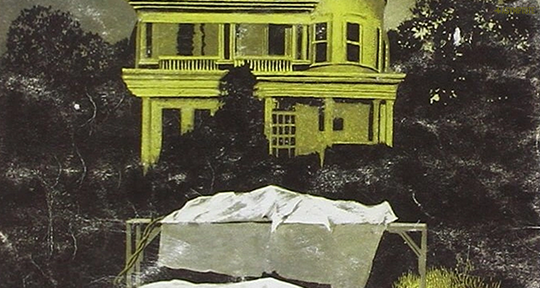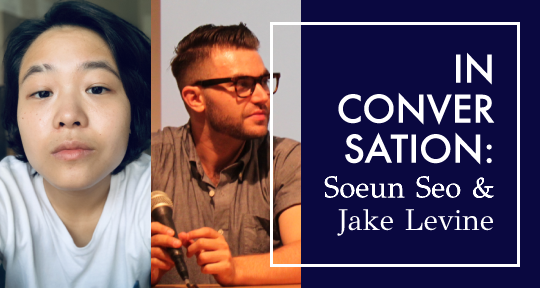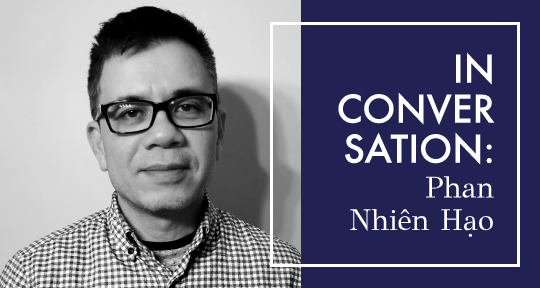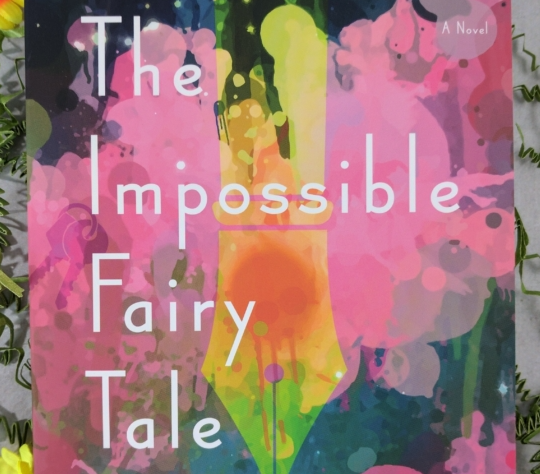Italy’s lauded Michele Mari was first introduced to the English language via a collection of thirteen short stories, published as You, Bleeding Childhood; through translator Brian Robert Moore’s rendering of Mari’s singular voice, readers were able to enter a vertiginous realm of obsessions, hidden psyches, childhood revelations, and wondrous horrors. Now, Mari and Moore are returning with Verdigris, a novel that further displays Mari’s masterful construction of mystery and fantasy with the story of a young boy, Michelino, and his developing friendship with a strange groundskeeper, Felice. The translation earned Moore a PEN Translates Prize earlier this year, and in the following essay, he gives us some insight into his process, and tells us why Mari is deservedly recognized as one of the most important Italian writers today.
When I first encountered Michele Mari’s Verdigris (or Verderame in the original Italian), I experienced something rare, wonderful, and a little bit eerie that I’m sure most avid readers can relate to: the sensation that a book was somehow made for me. Its sense of otherworldly mystery, its dark humor, and its beautiful, inventive style all came together to form the exact kind of novel that I could gladly get lost in for ages. It likely would have been the first book I’d have tried to translate, had it not seemed beyond my capabilities at the time. But all books, especially the really good ones, seem impossible to translate until you sit down and somehow translate them, and so I eventually decided to make an attempt. It was too captivating a novel and too glaring an absence in the Anglosphere, and I hoped my own enthusiasm and love for Mari’s work might carry me through.
The first major difficulty in translating Verdigris is Mari’s use of wordplay, which, rather than appearing decorative, often plays a very direct role in the novel’s plot—a plot that is as intricate as it is engrossing. I realized there was no way around being particularly visible as a translator in order for this novel to reach anglophone readers: one could either rely heavily on the original Italian wordplay and speak directly to the reader through explanatory footnotes, or assume an even more active role and try to recreate Mari’s fluid inventiveness in English. Hoping the book could remain as immersive in English as it is in Italian, I opted for the latter approach throughout. To do this, it was essential to keep in mind not only the novel as a coherent whole, but also Mari’s broader autobiographical and autofictional body of work. Any literal changes had to remain consistent with his personality both as writer and as character, and I was fortunate to be able to run all of my solutions by him. Finding English equivalents for puns, word associations, and, most of all, anagrams takes a great deal of thought but also an incredible amount of luck—or, in the case of this book, maybe there was something else at work, and the fact that almost uncannily fitting solutions could be found in a completely different language had to do with the mysterious and occult forces invoked within the novel. For me, living day by day, for an extended period of time, in the world of Verdigris meant partially believing such things. READ MORE…






